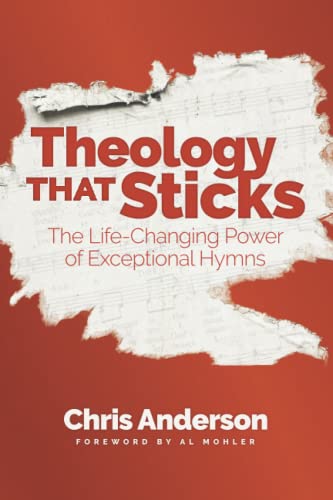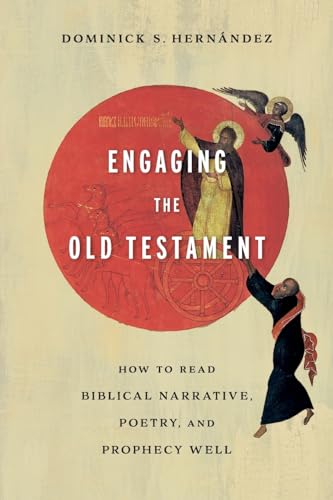Missionary Motivations: Challenges from the Early Church
Written by Matthew Burden Reviewed By Anna DaubHistory shows that Christianity spread exponentially in the first few centuries after Christ’s death and resurrection. In Missionary Motivations: Challenges from the Early Church, Matthew Burden urges contemporary Christians to analyze the motivations driving early missionaries to propel such an expansion. Burden argues that “adding the insights of the early Christian period to the wisdom of our own missiology will strengthen the whole and will ready the church for the day when the kingdom comes in all its fullness, and the earth will be full of the knowledge of the glory of the Lord” (p. 125). He attempts to identify these missionary motivations and demonstrate their potential importance in contemporary missions.
Burden first introduces early Christian missions. He points out “a certain dissonance” between contemporary and early church missionary motivations, claiming that obedience to commands and concern for the lost—two motivations regularly espoused by evangelical Christians—are often absent among early Christians (p. 2). Instead, he argues, “the primary goal was simply to be a Christian, in the fullest possible sense, and to establish communities of worship wherever one went” (p. 14). For Burden, the theological underpinnings of this missionary understanding are explicitly Christocentric, focusing on the reign of Christ, his role as the priestly king, and his victory over evil as seen in Christus Victor soteriology (pp. 115–17). He argues that missionary motivations of the early church flowed from these ideas as Christians viewed themselves as members and priests of Christ’s kingdom.
Burden then divides his book into two parts. In part 1, he presents a historical overview of the expansion of Christianity, focusing on five geographic regions: the Roman Empire, the East (including places like India, Syria, and Persia), the South (including places like Arabia and North Africa), Central Europe, and Northern Europe. He introduces key figures, surveys aspects of their mission that potentially aided in Christian expansion, and summarizes their missionary motivations. In part 2, Burden examines the communal and individual aspects of missionary motivation in the early church. Finally, he illustrates how some of these motivations of the early church can augment contemporary mission.
Burden’s “History of Expansion” section is worth the price of the book. It shines a light on the history of early church Christian missionaries, movements, and works that some Christians neglect. Burden provides a concise, accessible, and helpful introduction to mission history in this era. He includes well-known and lesser-known missionaries, suggests reasons for expansion in those areas, and introduces evangelicals to overlooked or contested missions movements. Students of mission history can benefit significantly from this helpful introduction to the subject.
Throughout, Burden attempts the challenging feat of highlighting missionary motivations that drove the early church—a goal he admits is fraught with difficulty due to a lack of sources dealing with early church mission (pp. ix, 2). He seems to recognize the tenuous position of his arguments and reconstructions of inner motivations. Therefore, Burden attempts to move through them cautiously. Still, the reader should recognize that this method comes with potential risks of misunderstanding and misrepresenting the reconstruction of unstated individual motivations. While his overarching suggestions about corporate and individual motivations are reasonable hypotheses, his method raises an interesting question: How does someone tease out motivations from various types of writing, when an author might assume unwritten motivations or encourage an important motivation overlooked by people during their time? Motivations are multi-faceted, internal stimuli that are often difficult to identify. In some instances, Burden points to obvious motivations, like Patrick’s self-proclaimed concern for the lost, or external motivators, like Gregory sending Augustine to the Anglo-Saxons (pp. 76, 79). Other times, Burden admits that he pieces together motivations based on theological undercurrents and the available sources (p. ix).
Burden claims that he seeks to unearth the response to a critical question: Why did early Christians participate in mission? While he does focus on why early Christians crossed cultural boundaries, sometimes he spends more time on why the gospel was able to cross those boundaries than what prompted the gospel-bearers in the first place. Those are both important considerations, but they are not the same. The unexpected oscillation between the two sometimes brings murkiness to the argument.
In sum, Burden offers a vision of potential missionary motivations while sidestepping potential mission landmines by encouraging contemporary Christians to add these motivations to their existing ones instead of replacing them. He is not arguing that current motivations are incorrect, but that the voices of the early church might encourage and augment Christians’ understanding of mission today. Missionary Motivations is both informative and, as the subtitle states, challenging, especially when some missiologists question the church’s role in missions. Burden calls the contemporary church to see mission as the early church saw it: the call of the victorious king to his ambassadors to set up outposts of the kingdom as they shine his light on the edges of the darkness.
Anna Daub
Anna Daub
Southeastern Baptist Theological Seminary
Wake Forest, North Carolina, USA
Other Articles in this Issue
Menzies responds to Tupamahu’s post-colonial critique of the Pentecostal reading of Acts and the missionary enterprise...
The Lamblike Servant: The Function of John’s Use of the OT for Understanding Jesus’s Death
by David V. ChristensenIn this article, I argue that John provides a window into the mechanics of how Jesus’s death saves, and this window is his use of the OT...
Geerhardus Vos: His Biblical-Theological Method and a Biblical Theology of Gender
by Andreas J. KöstenbergerThis article seeks to construct a biblical theology of gender based on Geerhardus Vos’s magisterial Biblical Theology...
Is the One God of the Old Testament and Judaism Exactly the Same God as the Trinitarian God—Father, Son, and Holy Spirit—of the New Testament and Christian Creeds?
by John Jefferson DavisThis article argues that the One God of the Old Testament and Judaism is exactly the same God as the Trinitarian God of the New Testament and Christian creeds...
A well-known Christian intellectual and cultural commentator, John Stonestreet, has often publicly spoken of the need for Christians to develop a theology of “getting fired...






